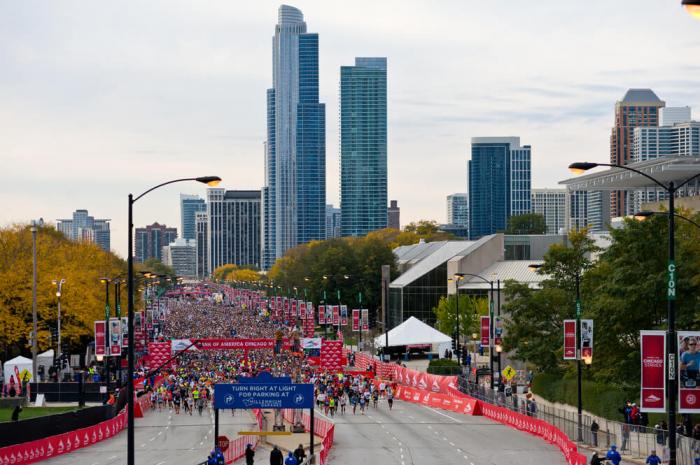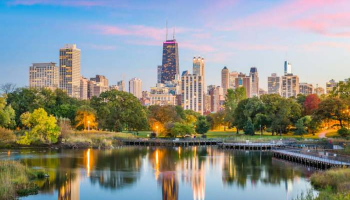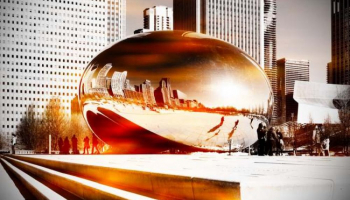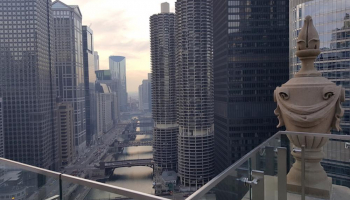
Following the lead of the Boston Marathon and the New York Marathon, the Bank of America Chicago Marathon has been canceled, due to the city’s COVID-19 social distancing and mandatory mask mandates. Organizers felt the potential dangers posed by the virus to large crowds warranted the decision. Also, requiring marathon runners to wear masks posed an entirely different set of risks, including hypoxia. In April, two 14-year old boys died from what Chinese officials claimed was “sudden cardiac arrest”, when forced to run laps while wearing masks.
Organizers announced the marathon’s cancellation on the morning of July 13, further revealing plans to host a “virtual experience recognizing the commitment and dedication of everyone who would have taken part.”
The 43rd Chicago Marathon was scheduled to run on October 11; the race was expected to welcome more than 45,000 runners from all over the world to the 26.2-mile course that winds throughout Chicago. Anyone who registered to run in the 2020 race will be refunded, or they can postpone their entry to a future Chicago Marathon in 2021, 2022 or 2023.
While many of the runners were deep into their training, they’re undoubtedly disappointed that they won’t be crossing the Grant Park finish line this fall. However, marathon runners all over the world are disappointed when it comes to races being canceled, due to the virus.
About the Chicago Marathon
The first-ever Chicago Marathon ran on September 23, 1905. That first race began at the Evanston, Illinois Golf Club and finished in front of a packed crowd at the Washington Park Race Track. More than 100,000 spectators were willing to pay for a seat. The race began with a dozen runners, but only seven athletes finished the course. Chicago native Rhud Metzner comes from behind for a victory over the heavily-favored Louis Marks.
During the early years, the Chicago Marathon was held in August and stuck to the original route into the 1920s, when it switched to a route similar to the one run today.
In 1976, the New York City Marathon popularized the concept of the big city marathon. As the New York marathon began to explode in popularity during the 1970s, the Chicago Marathon established itself as New York’s rival. By the mid-1980s, the Chicago Marathon was firmly in place as one of the big four marathons in the country.
The first edition of the modern Chicago Marathon was held in 1977, and was dubbed the Mayor Daley Marathon. In 1979, Beatrice Foods became the marathon’s first sponsor; the only time the Chicago Marathon has been canceled, besides this year, was in 1987, when Beatrice Foods dropped out as the race’s sponsor.
The current sponsor of the Chicago Marathon is the Bank of America. The bank claimed that honor in 2008.
It’s Not Just a Race, it’s an Economic Benefit to Chicago
The marathon always has a positive impact on Chicago’s tourism industry, but not this year. For example, in 2010, more than 10,000 of the runners said this was their first visit to Chicago. Of that, 10,000, 6,000 came to Chicago from 100 different countries.
Because of all of the race participants and spectators coming into the city, hotels increase their rates during the marathon to maximize profit. An independent study by the University of Illinois discovered that the 2015 marathon pumped an estimated $277 million into the Chicago economy, equalling 1,948 jobs.
The marathon doesn’t just benefit the city’s hotels and restaurants; in 2002, the marathon’s charity program was established; over the years, over 106,000 race participants have raised more than $207 million for local, national and global charities. However, due to this year’s cancellation, there will be virtually no money raised for charity.









